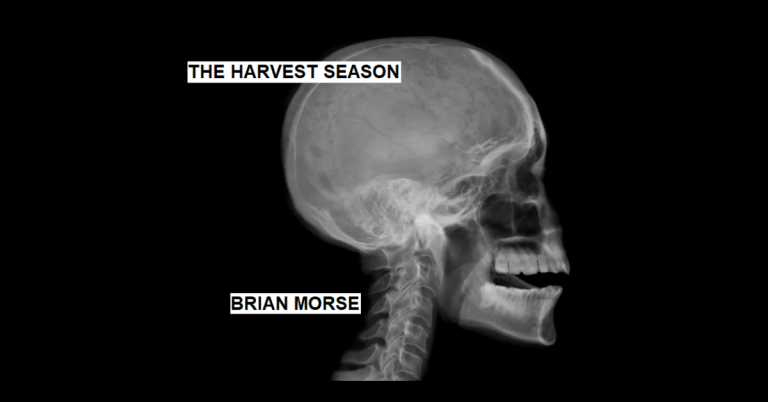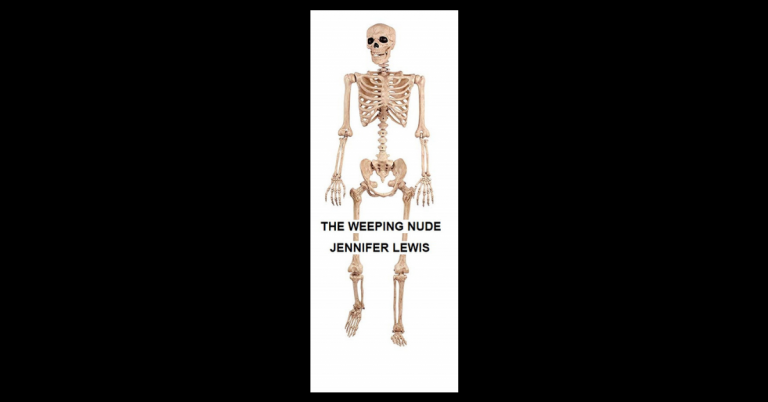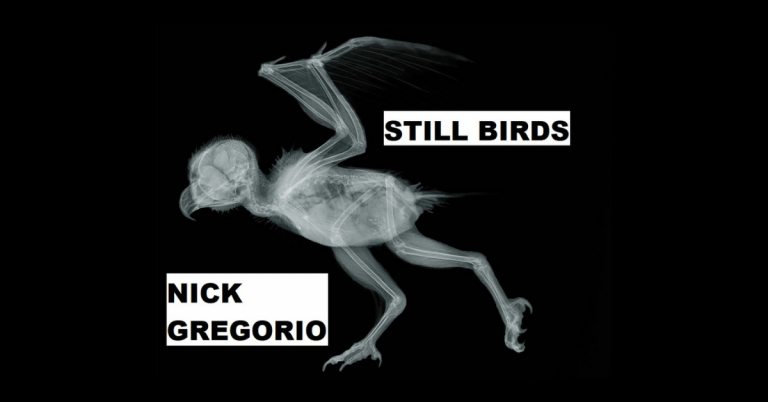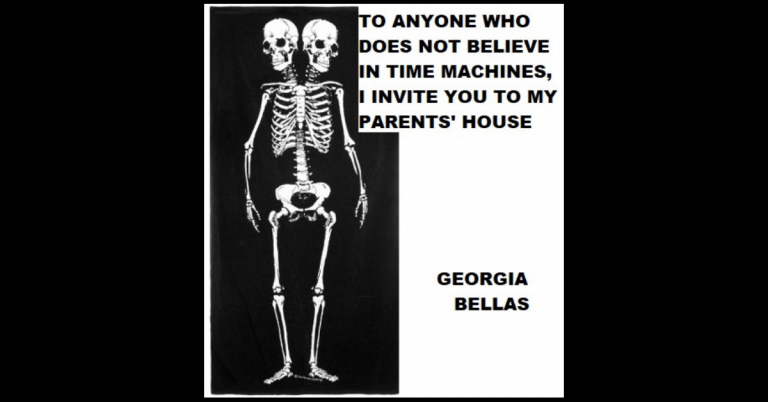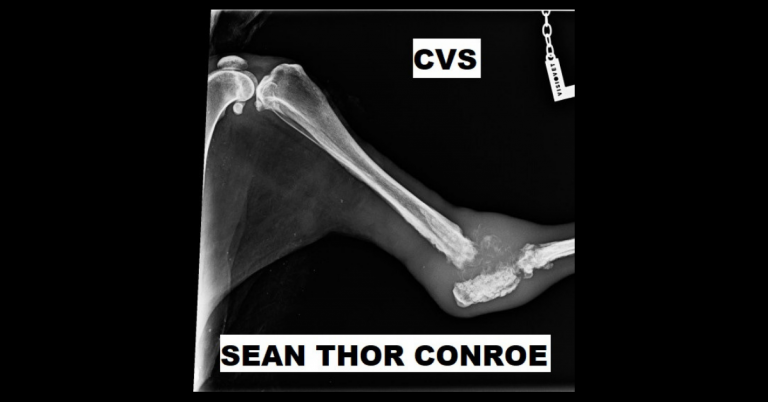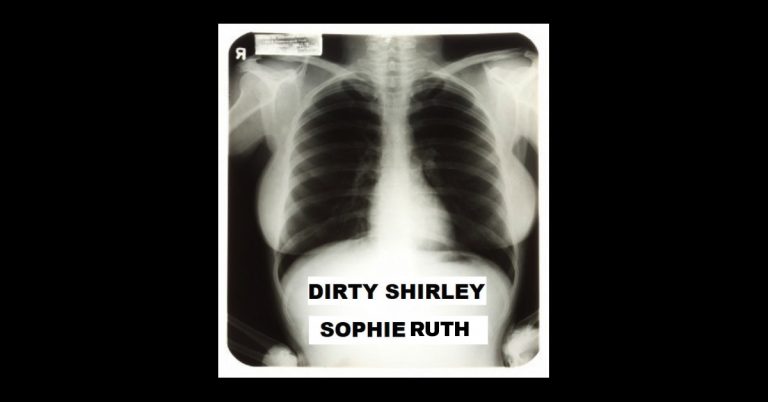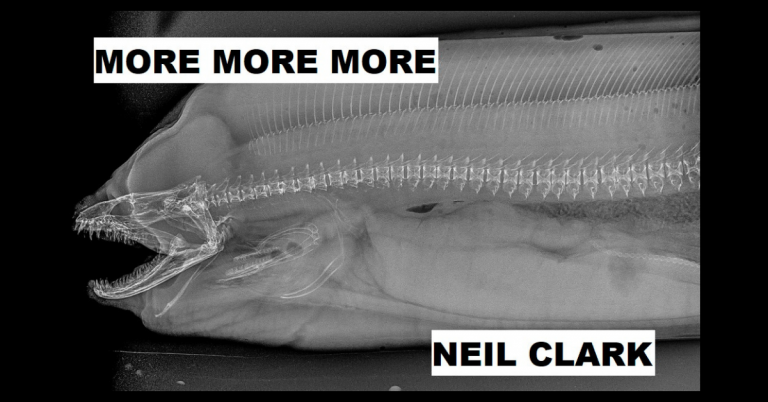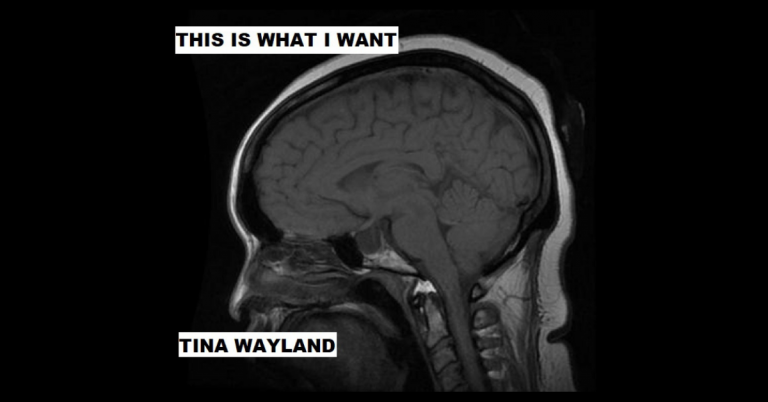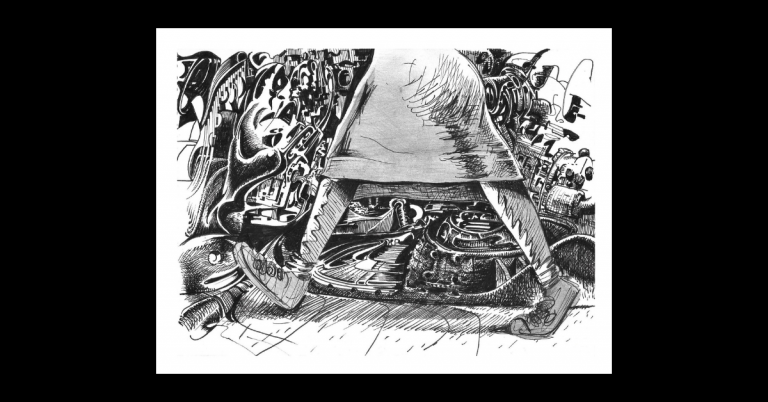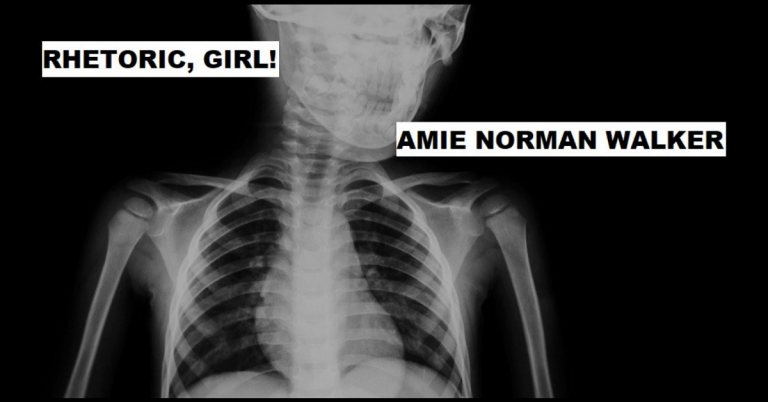
RHETORIC, GIRL! by Amie Norman Walker
Radio wire mutated with the Cicadas, every Midwest heart bled to this expectation. Knowing of no reason for time to come undone she perched herself on the couch as Carjone’s car snaked the driveway. Elevated humidity levels sweat the brows of every surface as evening rolled over, drooling for nightfall’s reprieve. Unstable minutes turned around the clocks face before he walked in with blood on his hands in a stride unfamiliar to her. She stared at him, her head cocked left and her lips pursed tight until they popped open with confusion. A need for her reflexed in his shadow. A smile straighter than his muscles acclimated, licked across his lips before he spoke.
“I’m not going to hurt you, Angel.”
Thumb on one cheek, four fingers pressing into the other, he squished her face forcing her mouth back shut, then into puckered lips.
“I’m not going to hurt you, Angel,” he hushed at her moon-eyes. Her mind spun webs of wonder around every thought of what he had done to produce this new gait and heretofore glean of violence in his eyes. He leaned in and she thought he might kiss her. Inimically opening her mouth with pressure, he slipped two fingers past her lips, pressing against her tongue. Salt and metal coiled her taste buds as he fingered her cheeks interior, sliding back wisdom tooth deep. Fingers threatened her appetite but panic yet to sway her perch, arched on the precedence of his swagger. He knew her gag reflexes lacked control, over the years he had to learn to accept the self-sacrifice of each contraction. She gagged against his fingers slender tips, her gut reacting with his gentle push to the floor, so from her knees she’d vomit at his feet. He didn’t expect her to grovel, his need was to see her bow, and if he knew her at all, she required force into such a position. Her insides heaved molten, splattering the tile and his shoe tips, the bottoms already marked with the dog shit he stomped through on his way out her lovers door.
“I’m not going to hurt you” he confirmed again, as if convincing himself, wiping her mouth against the back of his hand. Crouching down his rhetoric seared, “What was it you were hoping I’d find?” Panic thrust for a turn to choke her, eyes shut tight, she pressed forward until her face met the floor, vomit reaching for her hair. She numbed the rush of fear to reason what foment the shift in paradox. A defeating larrup to her cerebral cortex, she suddenly smelt the dewy rush of this morning. She left his address on the kitchen counter, left behind, in the steno pad under the “?” she sketched in grey pencil shades, curving out her feelings into a simple symbol. The ? mark symbolizing not only risk of dalliance, but undulating her impuissant cerebral firing. Carjone’s taught her everything she knew. Carjone’s reminded her daily of the promise she must keep for him. This maldestro error, unacceptable in its formation, was the suicide she’d not asked for.
Some people do not survive outside familial derivation of monogamy, a fact bunked against hypothesis producing population health risk adjustment factors. The Status Quo wet-nursed the belief anything they control is theirs and theirs only. Dearly devoted demand their possession, labeled love, wean from all others, to promptly be tethered solely and firmly to the other in a package christened commitment.
Carjone was a man of his commitments, Carjone wasn’t capable of living outside any boxes. She however, worried no reasonable thoughts after she removed the veil of misunderstanding each other. Her tether to Carjone’s did not demand passion but he worshipped her as if the ground she shat on moored the gateway to eternal youth. Materialized out of actions unmistakably natural, her pheromone ejections of interminable sums, pumped Carjone’s ego but would also that of any caught in the trajectory.
“I’ll tell you pretty baby, I don’t need to question you.”
She had not mistook his new stride, tuned to the Midwest’s old song, from a time when cowboys were more than junkies. She had not mistook the blood, red and caked, on his hands baked unmistakably against Carjone’s rage. Between his worked hands and her saliva it formed a glue, sticking to her chin as he cradled her up into his arms. Panic grasp at her expression, molding it submissively into position.
Her breathing held a steady pace, continuously, by her own demand, but she couldn’t control her heart. Palpitations un-steadied her, she grasped his arm in a natural pull at survival. Her thumb pressed against the scar he won when he tripped over her playing hide and seek under the warm vanilla sun chasing a hunter's moon. Childhood suddenly seemed far away, trembling she lost a reason for words.
“I’m not gonna hurt you, Angel.”, he whispered. She anticipated his actions would fall into that scars memory, warm as it bled back then, and perhaps he would not end her.
“In fact, I brought you a present. How do you like that?”
Her mistake inspired a killer. She caught it again in his eyes, causing her thighs to empty out an ache, collapsing her out of reality then back into it, drowning any possibility of truth beyond that her lover is dead. A certain hurt need be felt before a person can do the most amount of letting go they’re capable of. Carjone’s felt that hurt. She now felt it as hard. He half pulled her up with him, she floated on along.
He wrapped his arms around her, choking out a silence capable of healing, but a cry interrupted from over his shoulder, a sigh she didn’t recognize, breaking the domestics into a louder noise. She felt tension shatter when she found the girls face held recognition, this was the face of her lover’s daughter. “I’m not gonna hurt you, Angel. But that mistake was killer.” he grinned through his confession. He gasp at the reflection he caught in the mirror, as he turned around to leave her, as if it spoke his rhetoric, who was the most monogamous of all?
She walked backward into the bedroom closet, truth setting into her face, blood gloaming her jawline. Blood was on her hands, blood in her veins beat against her new pain. She hoped the wardrobe would swallow her into a place too dark to return from. She yearned to be forgotten, lost into the closet, passing through inanition with guilt the limbic grand finale fed through the amygdala. She sucked back her breathing and shut the door on herself, listening to her Daddy’s new lover cry.

